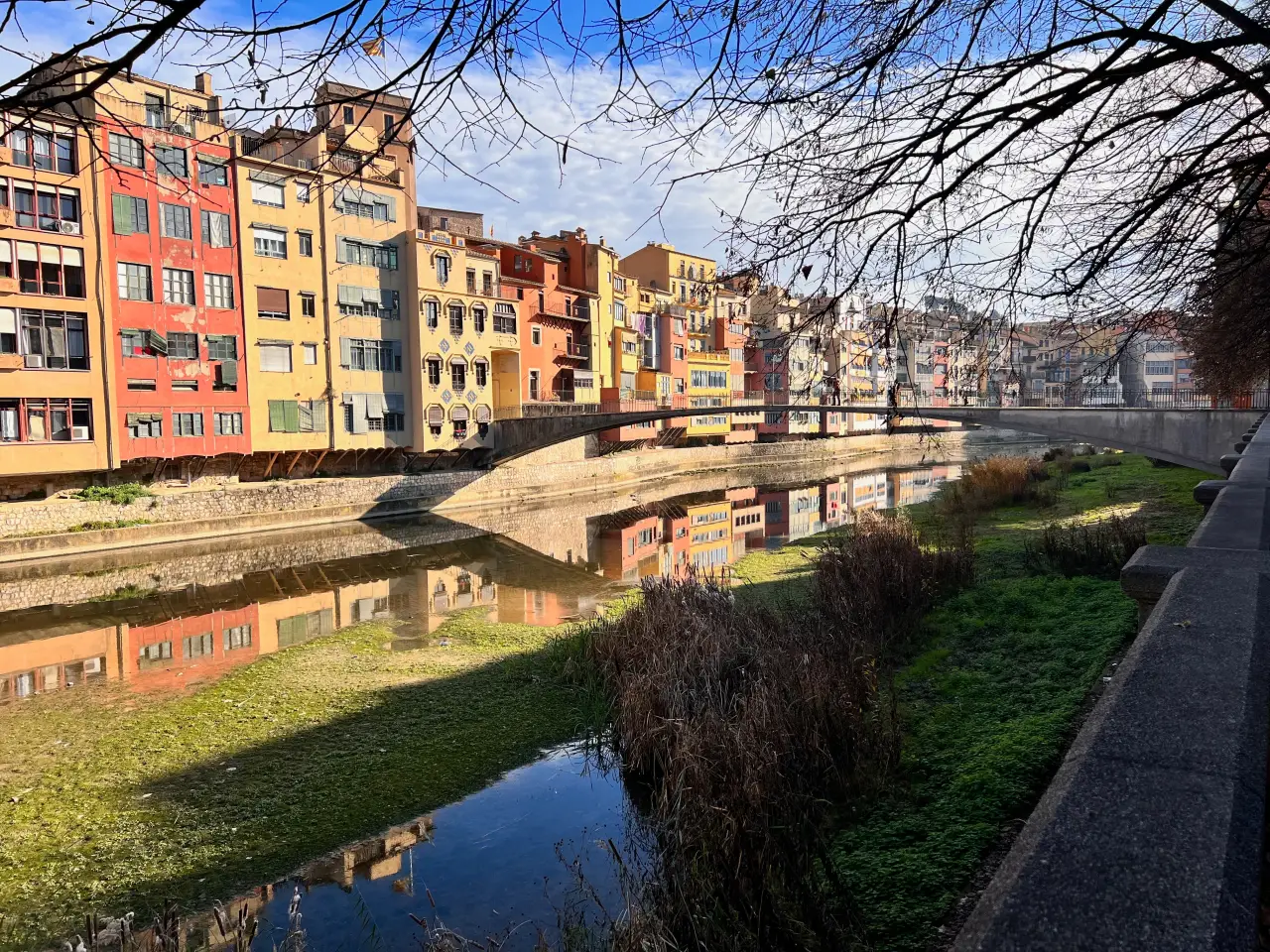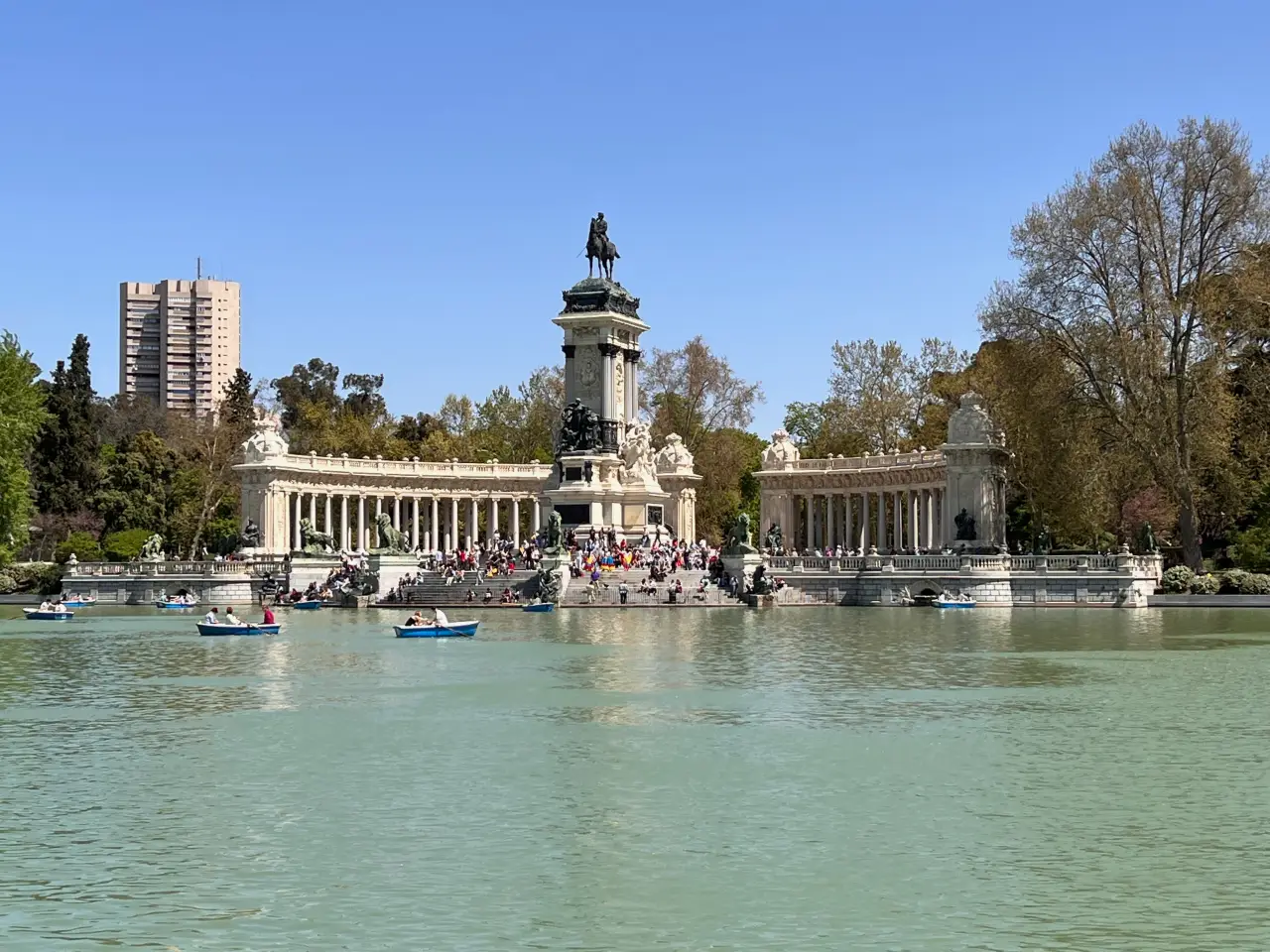Residents of Spain’s most popular tourist cities, including Madrid, Barcelona, San Sebastián, Valencia, Santiago de Compostela, and Seville, have long opposed tourist apartments. These short-term rentals reduce the availability of residential housing and drive up rental prices. In response, local, regional, and state governments have enacted restrictive laws. This week, Valencia City Council has approved a plan to ban tourist housing in the historic center of Ciutat Vella.
In a decisive move, Barcelona’s mayor, Jaume Collboni, announced that starting in 2028, the city will no longer legalize tourist apartments. This initiative aims to increase housing availability for residents and control rental prices.
What are Tourist Apartments?
Tourist apartments, also known as homes for tourist use (VUT), are residential properties rented out to tourists for short stays, typically 31 days or less. These apartments are rented entirely and cannot be shared with other groups. They are often managed by tenants or owners directly or through agencies, and are usually listed on platforms like Airbnb.
To operate legally, tourist apartments must have a specific license and meet various technical and quality standards. This includes having a certificate of occupancy, maintaining hygiene and furnishing standards, and being registered in the Catalonia tourist inventory. Additionally, owners must be available 24 hours a day for emergencies.
Tourist apartments are popular in high-traffic tourist cities, contributing significantly to the local economy. However, they have been criticized for reducing the supply of long-term residential housing, driving up rental prices, and causing disturbances to permanent residents. This has led cities like Barcelona to take steps to regulate or ban these apartments to ensure affordable housing for locals.
The rise in short-term rentals in Barcelona has made it difficult for residents to afford apartments. Over the past ten years, rents have increased by 68%, and house prices have risen by 38%. Collboni noted that this housing issue has caused inequality, especially for young people.
While national governments benefit from tourism economically, locals in many European cities are priced out of their homes. Other cities, like Lisbon and Berlin, have also introduced restrictions on short-term rentals. Spain’s Socialist housing minister, Isabel Rodriguez, expressed her support for Barcelona’s decision, stating it aims to guarantee access to affordable housing.
Airbnb, a major platform for vacation rentals, did not comment on the announcement. However, Barcelona’s tourist apartments association, Apartur, criticized the move, predicting it would lead to more poverty and unemployment and increase illegal tourist apartments.
Hotels may benefit from this ban. Although new hotels were previously banned in popular areas, Collboni has suggested he might ease this restriction. The local hotel association did not comment on the recent announcement.
Collboni believes the banned tourist apartments will be used by residents or placed on the market for rent or sale. The local government plans to maintain a strict inspection regime to detect illegal tourist apartments once the ban starts.
Barcelona has not allowed new tourist apartments in recent years. Since 2016, the local government has shut down 9,700 illegal tourist apartments and recovered nearly 3,500 apartments for local residents.
Despite these efforts, the number of visitors to Barcelona has continued to grow, especially after COVID-19 travel restrictions were lifted. Local associations have planned a demonstration on July 6 with the slogan: “Enough! Let’s put a stop to tourism!” This rally follows similar protests in other Spanish tourism hotspots like the Canary Islands and Palma de Mallorca.















